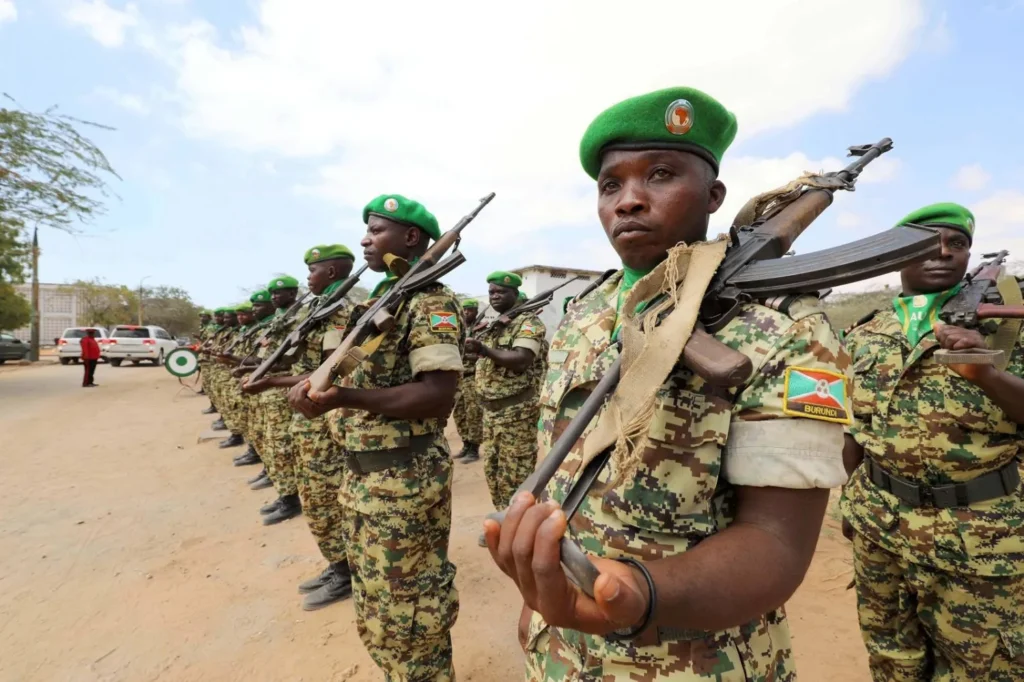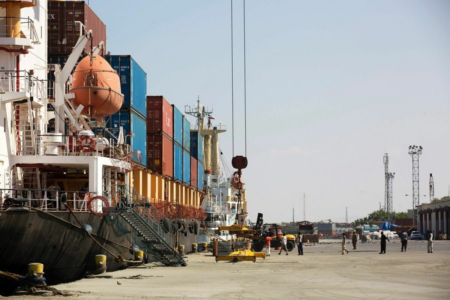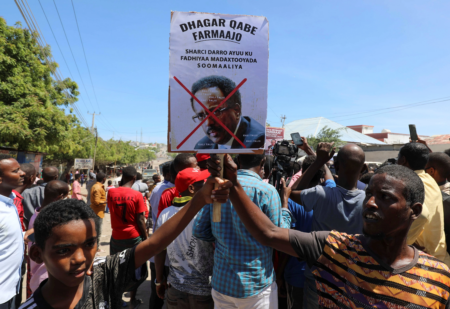The African Union Transition Mission in Somalia (ATMIS), formerly known as AMISOM, has announced plans to reduce its military presence in Somalia—a move that has triggered widespread concerns over a potential surge in terrorist activities, particularly by the al-Shabaab militant group.
AU Troop Drawdown – Second Phase
As part of Somalia Transition Plan, which aims to hand over security responsibilities to Somali national forces, ATMIS has already completed the first phase of troop withdrawals.
In June, 2,000 AU soldiers were withdrawn.
By the end of September, an additional 3,000 troops had exited Somalia.
However, this significant reduction in foreign forces comes at a time when Somalia continues to battle terrorism and faces political instability.
Security analysts and Somali officials have warned that a premature or poorly coordinated drawdown could embolden extremist groups and reverse the hard-won security gains of recent years.
Read also: United States Africa Command Civilian Casualty Report Stops
AU Troop Drawdown Raises Threats From al-Shabaab
Al-Shabaab, the al-Qaeda-linked terrorist organization, has been intensifying its attacks against Somali forces, civilians, and foreign interests.
Observers worry that the group’s influence could expand rapidly with AU troop drawdown without ensuring a fully capable and well-equipped Somali army in place.
The Somali government, under President Hassan Sheikh Mohamud, has urged the international community to provide continued support in training and equipping national forces to manage the looming security vacuum.
International Concerns and the Road Ahead
Somalia’s allies, including the United Nations and neighboring countries, have expressed concern over the timeline of AU Troop drawdown.
The fear is that Somalia’s security infrastructure remains fragile, and the drawdown may lead to a resurgence of terror activities.
Especially in rural and newly liberated regions.
Efforts are now focused on accelerating the development of the Somali National Army (SNA) and increasing regional cooperation to ensure a seamless transition and avoid setbacks in counterterrorism progress.








